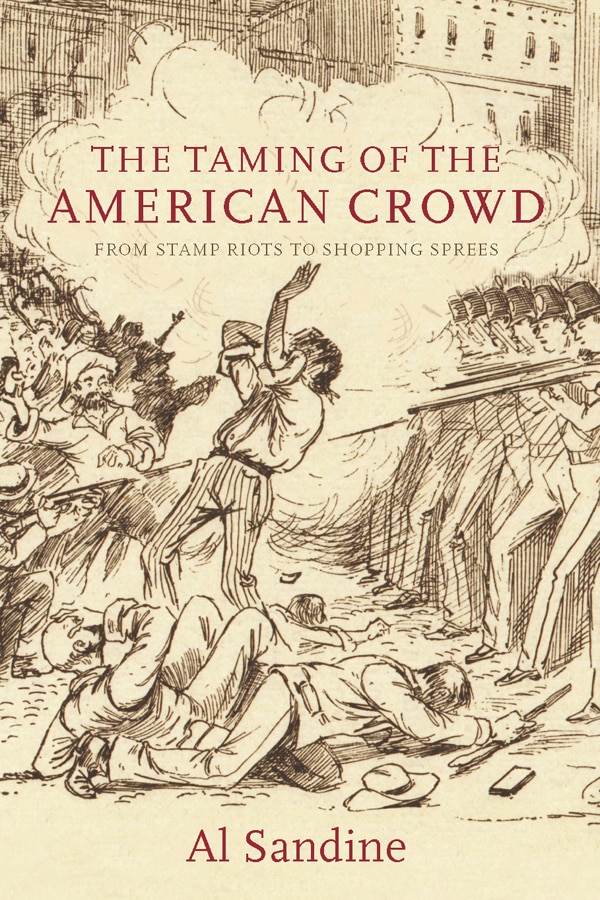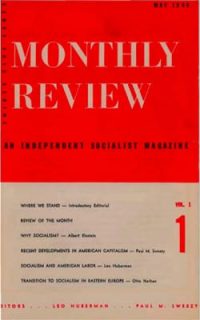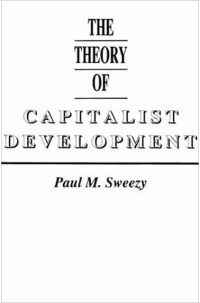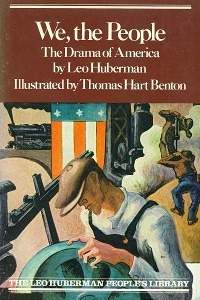The Taming of the American Crowd: From Stamp Riots to Shopping Sprees
$18.95
Paperback, 240 pages
ISBN-13: 978-1-58367-197-9
Released: November 2009
The history of the United States has been largely shaped, for better or for worse, by the actions of large groups of people. Rioters on a village green, shoppers lurching about a labyrinthine mall, slaves packed into the dark hold of a ship, strikers assembling outside the factory gates, all have their place in the rich and sometimes tragic history of the American crowd. This unique study traces that history from the days of anti-colonial revolt to today’s passive, ‘colonized crowds’ that fill our sports arenas, commercial centers, and workplaces. In clear and lively prose, Al Sandine argues for the progressive role crowds have played in securing greater democracy, civil rights, and free speech. But he also investigates crowds in their more dangerous forms, such as lynch mobs and anti-immigrant riots.
The Taming of the American Crowd explains how the crowd as an active subject of change—often positive, sometimes not—has been replaced by the passive crowd as object of control and regulation. Today, the imperatives of mass society organize people in large numbers to consume goods and conform to permissible behavioral patterns; not to openly contest power. But, with the world entering a new period of economic uncertainty and mass protests erupting across the globe, it is time to reverse that trend. This book shows us the history of the untamed crowd and urges us to reclaim its legacy.
The Taming of the American Crowd offers a unique blend of popular culture and working class history—written with great flair. Sandine is one of the few scholars reckless and ambitious enough to take on a wide-ranging subject without sacrificing analytical rigor. If you’ve ever participated in a demonstration, gone crazy in the bleachers, or danced all night, you’ll love this book.
—Barbara Ehrenreich
Sandine has given us a timely and indispensable book.The Taming of the American Crowd is not only a spirited tour through centuries of crowd action and crowd control but a searching meditation on today’s consumer-crazy, politically passive Americans, who have squandered the power of the assembled populace to address enormous inequalities in power and wealth and to serve as an instrument for protest and change.
—Gary B. Nash, UCLA, director of the National Center for History in the Schools, past president of the Organization of American Historians
Riots and mobs, celebrations and demonstrations! An entertaining journey into American history that also manages to illuminate the soul of the country, its need for social protest and community as an antidote to despair and the key to a less predatory future.
—Ariel Dorfman novelist, playwright, essayist
professor of literature and Latin American Studies, Duke University
Al Sandine traces the rambunctious history of American crowds in a lively and erudite narrative that celebrates their power as a political tool of the masses. He issues a timely warning about the importance of the right of assembly and the simple fact that despite their advantages, online social media lack the political punch of people in the streets.
—Linda Lumsden assistant professor of journalism, University of Arizona
Building on the tradition of European social historians E. P. Thompson, Eric Hobsbawm, and George Rude, Al Sandine, in this well-written and provocatively argued book, brings the crowd back to the center of U.S. historical and social analysis. In-so-doing, he makes innovative contributions to social movement analysis, and to urban and consumer sociology.
—E. Kay Trimberger
visiting scholar at The Institute For The Study of Social Change at the University of California, Berkeley; author of The New Single Woman
Al Sandine has been a mill worker, freeway landscape groomer, claims examiner, free-clinic counselor, information officer, arbitrator, and insurance auditor, among other things. Now retired, he makes his home in the San Francisco Bay Area, where he remains politically active, paints, and pursues the kind of research and writing that produced this book. He is also the author of Plundertown, USA: Coos Bay Enters the Global Economy.
Publication Date: November 2009
Number of Pages: 240
Paperback ISBN: 9781583671979
Related products
-
Monthly Review Volume 2, Number 9 (January 1951) [PDF]
$10.00 Add to cart -
Monthly Review Volume 2, Number 6 (October 1950) [PDF]
$10.00 Add to cart -
Monthly Review Volume 1, Number 12 (April 1950) [PDF]
$10.00 Add to cart -
Monthly Review Volume 1, Number 1 (May 1949) [PDF]
$10.00 Add to cart -
The Theory of Capitalist Development: Principles of Marxian Political Economy
$20.00 Select options This product has multiple variants. The options may be chosen on the product page -
We, the People: The Drama of America
$15.00 – $18.00Price range: $15.00 through $18.00 Select options This product has multiple variants. The options may be chosen on the product page


![Monthly Review Volume 2, Number 9 (January 1951) [PDF]](https://monthlyreview.org/wp-content/uploads/2015/09/Monthly Review Volume 2, Number 9 (January 1951) [PDF].jpg)
![Monthly Review Volume 2, Number 6 (October 1950) [PDF]](https://monthlyreview.org/wp-content/uploads/2015/09/Monthly Review Volume 2, Number 6 (October 1950) [PDF].jpg)
![Monthly Review Volume 1, Number 12 (April 1950) [PDF]](https://monthlyreview.org/wp-content/uploads/2015/09/Monthly Review Volume 1, Number 12 (April 1950) [PDF].jpg)


